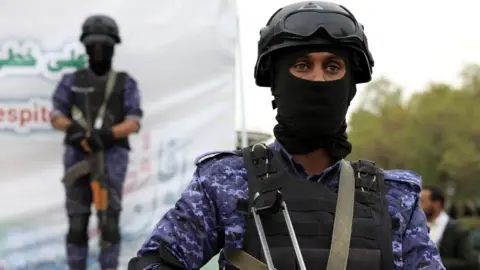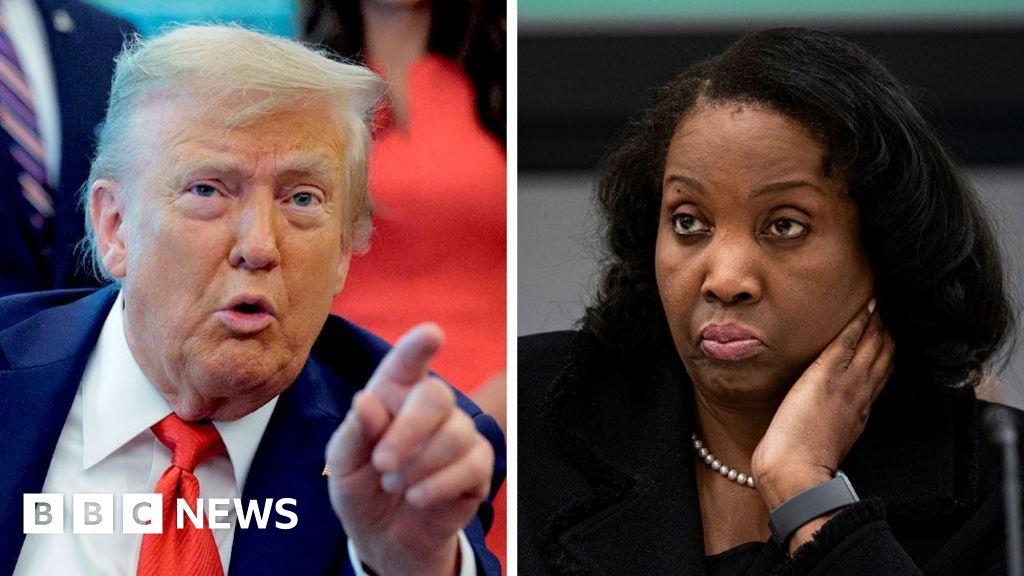The UK government has confirmed extensive cuts to foreign aid, revealing that support for children's education, women's health, and other essential services in Africa will be the hardest hit. Announced in February, the decision to reduce aid spending by 40%—from 0.5% to 0.3% of gross national income—aims to bolster defense spending, following pressure from international allies, particularly the United States.
According to a Foreign Office report, the cuts will lead to decreased funding for crucial areas like water sanitation and health services, heightening the risk of disease and mortality among vulnerable populations. Aid charities and development advocates have condemned the decision, arguing it threatens the well-being of many of the world's most at-risk communities.
While the government maintains that multilateral aid—funding to international organizations like the World Bank—will be preserved, criticism remains voiced by officials like Baroness Chapman, the minister for development, who stated that every pound must yield greater benefits for both UK taxpayers and the world around them. She pointed to a strategic review of aid spending that aimed to prioritize effective programs while encouraging a responsible exit from less impactful initiatives.
International development leaders expressed concern that cuts will specifically disadvantage women, children, and areas experiencing humanitarian crises, noting the anticipated "appalling impact" on already marginalized communities. The chair of the International Development Committee, Sarah Champion, referred to the move as potentially detrimental to the world's most vulnerable populations, particularly as it appears forthcoming years may face even deeper cuts.
Organizations such as Bond, a network for development groups, have highlighted alarming reductions in funding for critical sectors like education, gender equality, and health programs across the African continent and emergency-stricken countries like South Sudan and Sudan. Gideon Rabinowitz, Bond's policy director, emphasized that women and children stand to suffer the most from these political decisions.
UNICEF has voiced similar concerns, warning that the cuts threaten children’s health, education, and overall well-being. Philip Goodwin, head of UNICEF UK, called for a new approach that prioritizes vulnerable children in aid programs, suggesting that at least 25% of aid be directed to child-centric initiatives.
Moreover, British-founded charity Street Child noted that their educational programs in Sierra Leone, South Sudan, and the Democratic Republic of the Congo would suffer as a direct result of these funding cuts. CEO Tom Dannatt described the decision to reduce support for educational access as "short-sighted" and alarming, underscoring the dire implications for children who will be forced into labor and deprived of learning opportunities that could secure a better future.
The debate regarding foreign aid has intensified, with government officials recognizing a shift in public sentiment towards aid spending. Notably, the World Bank's International Development Association (IDA) remains unaffected by the cuts, receiving £1.98bn from the UK for the next three years, benefiting billions in low-income countries.
Historically, the UK had committed to increasing its foreign aid budget to 0.7% of national income, a goal reached in 2013 under a coalition government, before being reduced to its current level under subsequent administrations, citing challenges stemming from the COVID-19 pandemic.

















